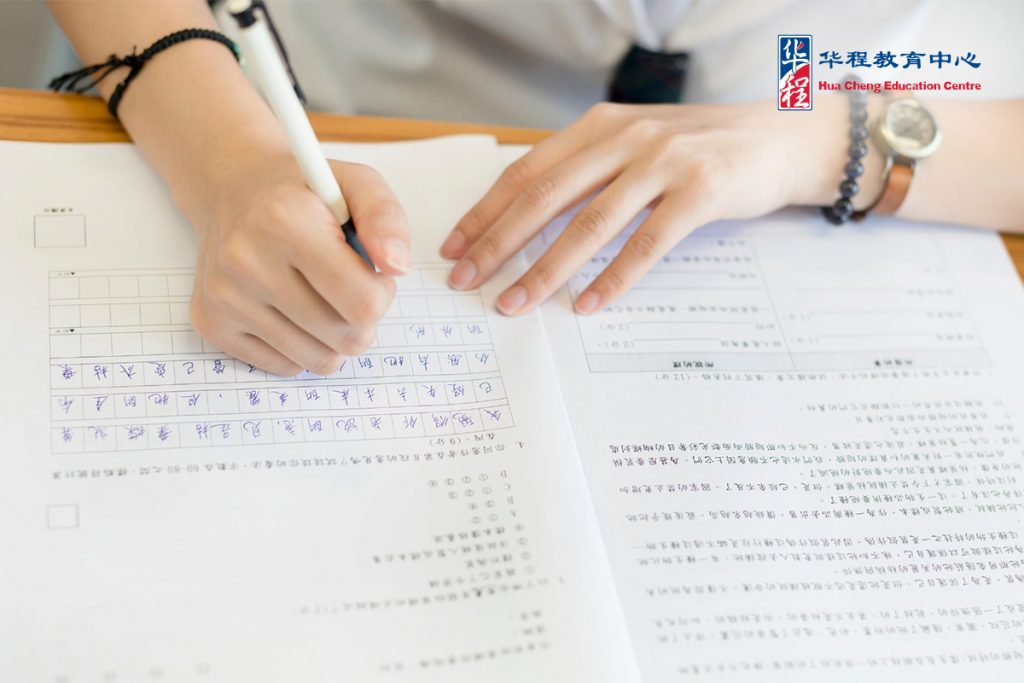Chinese composition writing can be a daunting task for many students in Singapore, requiring not only creativity and vocabulary but also a strong grasp of grammar, punctuation, and structure. This article explores several common composition mistakes often made in both primary and secondary school Chinese composition, and provides tips on how to avoid them. If you’re a parent trying to support your child’s academic progress, keep reading to learn how to improve their writing skills and boost their confidence in expressing themselves effectively in Chinese.

Poor sentence structure
One common issue many students face in Chinese composition is poor sentence structure, encompassing problems like subject-verb agreement, sentence fragments, and run-on sentences. These structural flaws can cause your composition to be confusing and challenging to read. To rectify this, ensure subject-verb agreement by matching the subject’s tense and number with the appropriate verb form. Second, avoid poor sentence structure in Chinese composition by ensuring each sentence comprises both a subject and a predicate. Lastly, steer clear of run-on sentences by breaking them into shorter, more comprehensible segments for enhanced clarity.
Weak transitions
Transitions play a vital role in keeping your writing coherent. Weak transitions can disrupt the flow and confuse readers, often due to abrupt shifts between paragraphs or the excessive use of the same transition words.
Enhance transitions in Chinese writing by incorporating transition words like “首先” (Firstly), “其次” (Secondly), “此外” (Furthermore), and “总而言之” (In conclusion) to smoothly connect your ideas and paragraphs. These words act as signposts, guiding readers through your text. Next, plan your composition structure before you start writing. Create an outline to ensure a logical flow of ideas from one paragraph to the next. This helps you naturally transition between sections. Moreover, students should also avoid using the same transition word too frequently, mixing it up with different transition words helps to keep the writing engaging and prevents monotony.
Neglecting proper punctuations
Punctuation serves as the roadmap for readers, guiding them through the text and helping them decipher the intended meaning. Incorrect or missing punctuation marks can create confusion, and even alter the interpretation of your words. Therefore, it is imperative to recognize the importance of proper punctuation in Chinese composition, and the pivotal role it plays in conveying clear messages in Chinese writing.
To address this issue, students should follow basic punctuation rules. Use commas carefully to separate items in a list, introduce clauses, and create pauses for better understanding. Recognising when commas can improve clarity is important. Periods should be placed at the end of each sentence, ensuring that each sentence conveys one clear idea. Avoiding long sentences without appropriate breaks is vital for readability. Additionally, when quoting or citing text, it’s crucial to use quotation marks like “引号” to enclose the quoted material correctly. This not only shows accuracy but also reflects your commitment to faithfully representing the source material.

Not expanding your vocabulary
One common mistake made by students is relying too heavily on simple and commonly used words. While these words are essential, they can make your writing appear dull and lacking depth. One critical aspect of enhancing your Chinese writing is to expand your vocabulary and learn a wide variety of written expressions. Maintain a notebook where new words can be recorded as students come across them when learning Chinese. Within this notebook, they can meticulously document each word, its corresponding meaning, and provide an illustrative sample sentence. Additionally, motivating students to set weekly or monthly vocabulary goals can further incentivise them to acquire a specific number of new words within a defined timeframe.
Learn more: Qualities to Consider When Choosing a Chinese Enrichment Centre | Hua Cheng Education Centre
Mastering Chinese composition in school involves avoiding common mistakes that can hinder the quality of your writing. By paying attention to these aspects and practising consistently, students learning Chinese can develop their composition skills and produce more coherent and effective pieces of writing.
Looking to elevate your child’s Chinese composition skills? At Hua Cheng Education Centre, we are fully committed to your child’s educational progress, offering comprehensive support that goes beyond the classroom. Our carefully designed curriculum is in line with the latest Singapore MOE Chinese syllabus, placing your child’s success as our top priority. Contact us today to learn about our Chinese enrichment classes and provide your child with the exceptional educational support they deserve.
